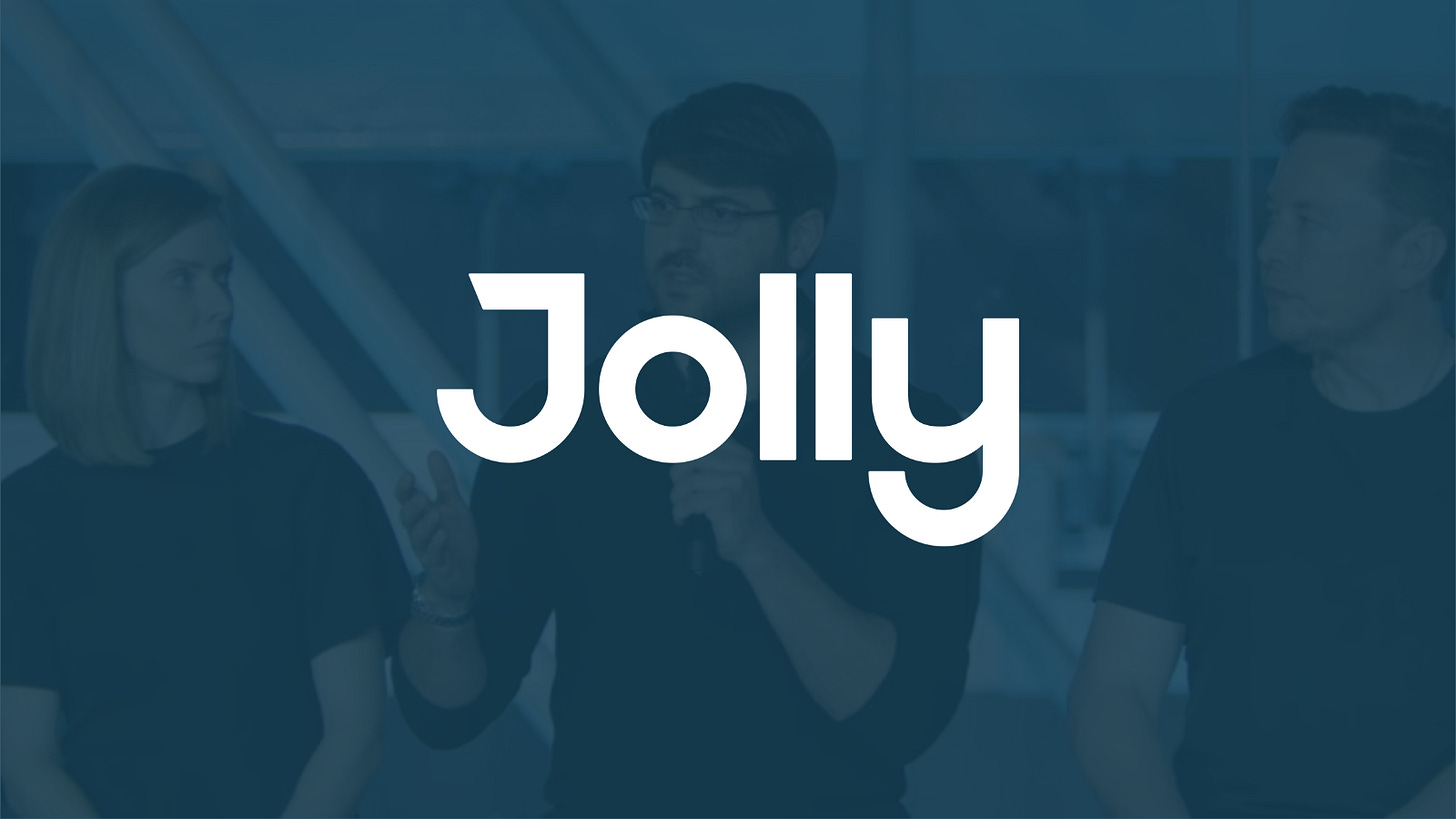If you ask a random middle manager of an international software company onto Jeopardy or BBC Mastermind, their choice of specialist subject is likely to be airmiles. The airline industry has managed to create massive loyalty and commitment via air-miles. I know people who have flown on December 30th back and forth just to keep their status.
Unusually I was at a party recently (I don’t get out much).
A derivatives trader friend said at about 11.45pm, “Excuse me for a minute I need to do a quick duolingo session, I’m on a 300 day streak.” I sipped my Guinness zero and wondered if this was a new escape line. They did come back afterwards. Wild life I lead, I know.
Hold those for a moment.
A little while back I got a call from Julien. Julien is like the friend that knows all the cool bands and clubs before anyone else does. He told me that as I’m in New York I need to meet Dean Zimberg. Dean was fashionably late, but we were meeting in an achingly hip bakery / coffee spot so I was on my second flat white and my first elegant pastry thingy. I remember this because most of the white castor sugar was on my jacket. I spent an hour with him. I was initially sceptical of his idea. Heck, I’d seen the wave of employee incentive plays from 15 years ago, but I told myself have an open mind, old man.
Dean articulated a robust, coherent narrative about the front line worker and the specific issues of shift alignment, discouraging tardiness, alternative employers, sales incentives and more. He had done his homework, especially in the healthcare space. He had gone deep. He argued that incentive schemes in past were crude, cumbersome and typically designed for the office worker context. He was convinced he had figured out a better way to incentivise and encourage front line workers. By the time I had finished my third flat white, I was sure we needed to look more closely at this.
Finding novel ways to improve front line worker happiness and engagement falls nicely into our investment thesis. We are very pleased with our investments in Arist and AG5, but we have been on the lookout for a while for another front-line centric investment.
Imagine for a moment that you were able to build a worker experience that was as compelling as duolingo is for my trader-friend, and that would reward the employee promptly. Rather than threatening dismissals for being late, you could encourage and reward punctuality.
One of the use cases that Dean explained in detail was getting caregivers to document their work, for instance confirming that people had taken medicines, linen changed and so on. There are often compliance reasons to properly document work, and getting this wrong can have major implications, for instance fines. By encouraging effective note submission through gamified rewards, the employer benefits through better compliance, and the employee benefits through both financial reward and instant feedback on a job well done. What really impressed me was how these campaigns could be configured in an instant, and how personalized the reward options are.
The product design is sweet, and the early customer traction is gold.
Jason spent much more time with Dean, and worked through the business model, GTM, referenced customers and Dean and his team, and worked closely with Zach Kirkhorn and other VCs on the deal. At Acadian Ventures, Jason and I have simple investment decision process. We both have to be hell yes. In this case, there wasn’t much debate.
Thanks Julien for the introduction, and thanks Dean for having us onboard.
Here’s the WSJ take. on the round.
As I usually do, I’ll end with a song. I couldn’t decide. So you get two New York related songs.





You know what - I might think this type of thing was insulting and trying to replace livable remuneration and good people management. I will admit, making a difficult (people care centric) job doable, rewarding and with the right amount of purpose and agency, is hard. Especially when caring for elder and folks in (extended) healthcare settings. There is an incentive to getting staff to document care. So this might do a bit in replacing that. With poor management (especially in low pay, low margin spaces that Jolly has been able to sell to) this would be a move in the right direction. I get it. But what I am really interested in is can they expand it and make money at it. I know that doesn't matter to venture types as much but it matters to me because it signals true value. Interesting and I will be watching.
If they crack this then we will all be very interested.